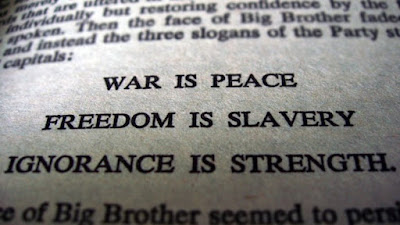There are two ways of spreading light:
to be the candle or the mirror that reflects it.
to be the candle or the mirror that reflects it.
— Edith Wharton
In the early 1920s, Professor Edith Stein was assistant-teaching at the University of Freiburg alongside her mentor, the renowned philosopher Edmund Husserl.
Their aim was considered subversive at the time: to train a generation of scholars to dissect "lived" human experiences—everything from falling in love to walking the dog, encountering a Rembrandt to eating a sandwich. Professional philosophers rarely thought about such things.
Stein's own interest lay in dissecting empathy—our lived experience of others—which to her mind was the key to self-knowledge. Her interest stemmed, in part, from her work as a nurse in a field hospital during World War I, after which she told a friend, "I realize now that my life is no longer my own.”
Stein's own interest lay in dissecting empathy—our lived experience of others—which to her mind was the key to self-knowledge. Her interest stemmed, in part, from her work as a nurse in a field hospital during World War I, after which she told a friend, "I realize now that my life is no longer my own.”
But politics intervened. Hitler's persecution of Jews prompted the nuns to transfer Stein in 1938 to a convent in Holland, where they thought she'd be safe. And she was until 1942, when Holland's bishops condemned Nazi anti-Semitism from the pulpit and Hitler, in retaliation, ordered the arrest all Jewish converts in the country. Stein was taken in a boxcar to Auschwitz, where she died in the gas chamber. Her body was cremated, like 1,018,350 others.
In 1987, Pope John Paul II—another of Husserl's followers—beatified Edith Stein. That same year, a two-year-old girl in Boston mistook Tylenol for candy and swallowed the equivalent of 16 lethal doses. The girl's parents begged everyone they knew to pray to Stein to intercede on their dying daughter's behalf. They did, and the girl recovered within days.
''I'm not saying it was a miracle,'' her doctor told The New York Times. ''I'm saying it was miraculous. I'm Jewish. I don't believe per se in miracles, but I can say I didn't expect her to recover.''
Two years later, the pope canonized Edith Stein as Saint Teresa Benedicta of the Cross. He remarked in English that day, ""Edith Stein stands out as a beacon which casts its light amid the terrible darkness which has marred this century. To her prayers before God I entrust all who suffer for the sake of justice and human dignity."







